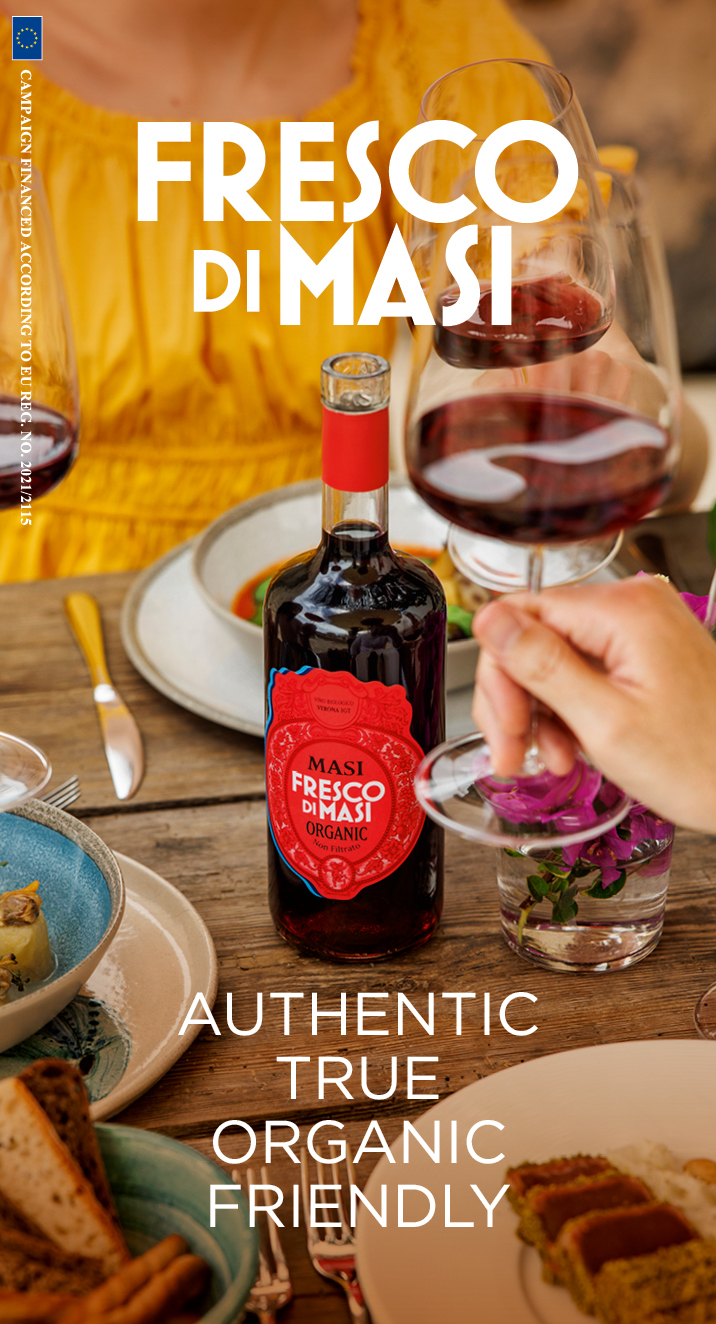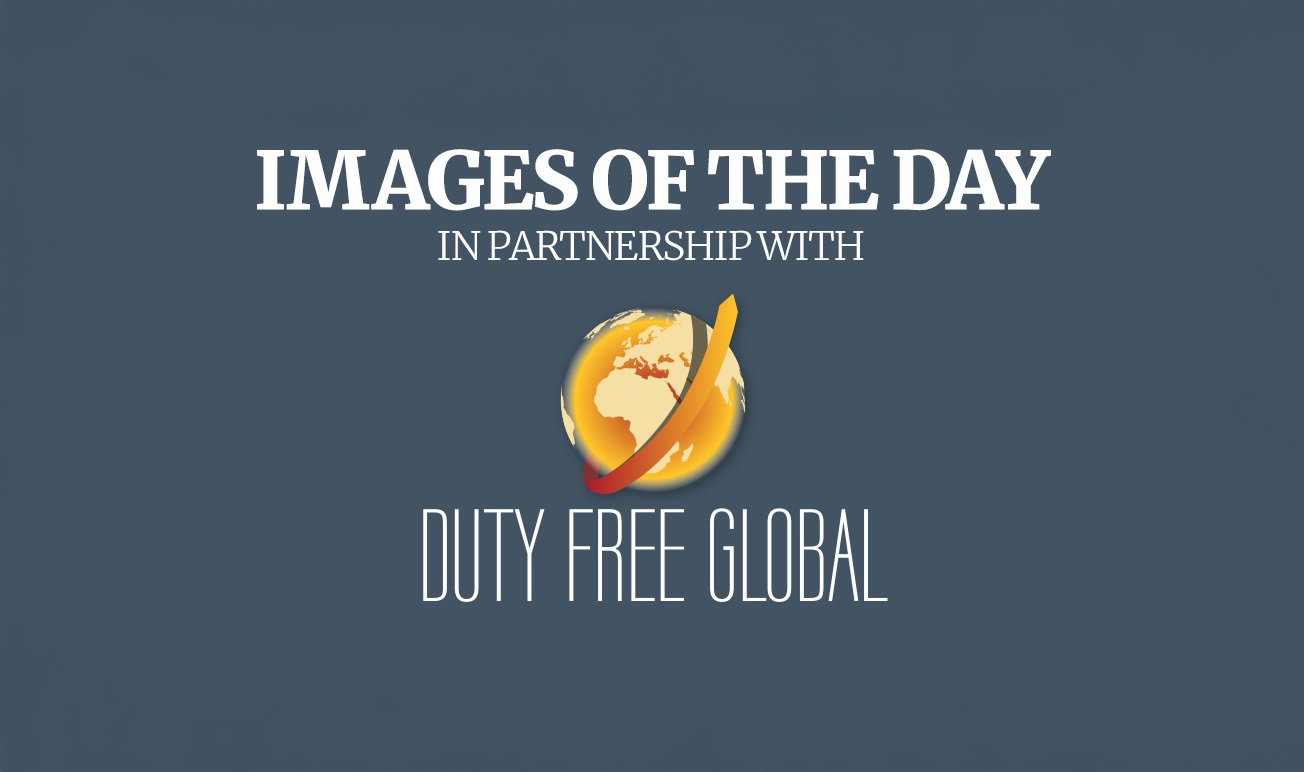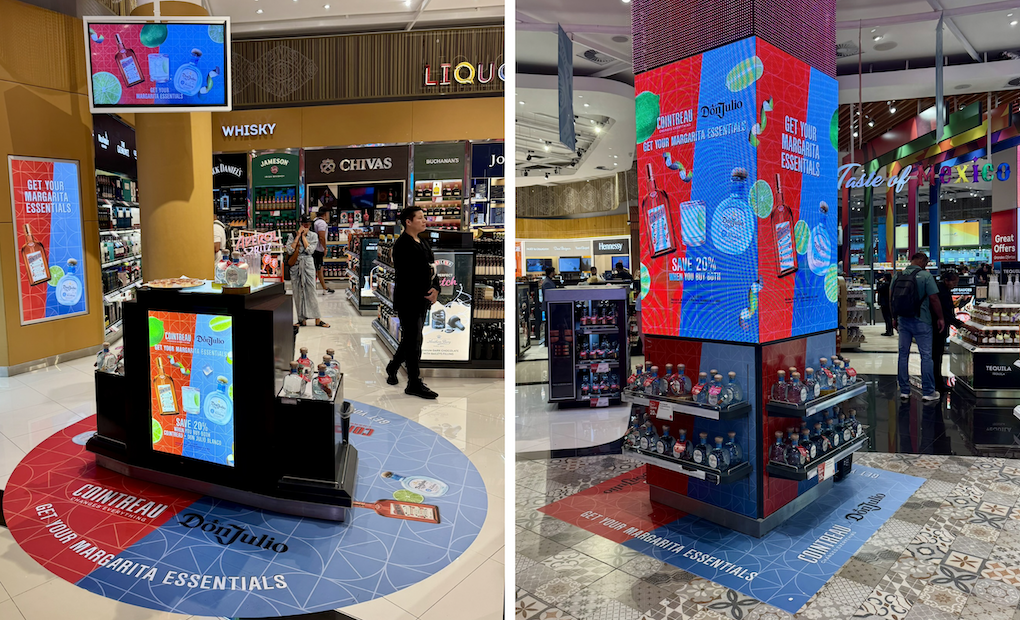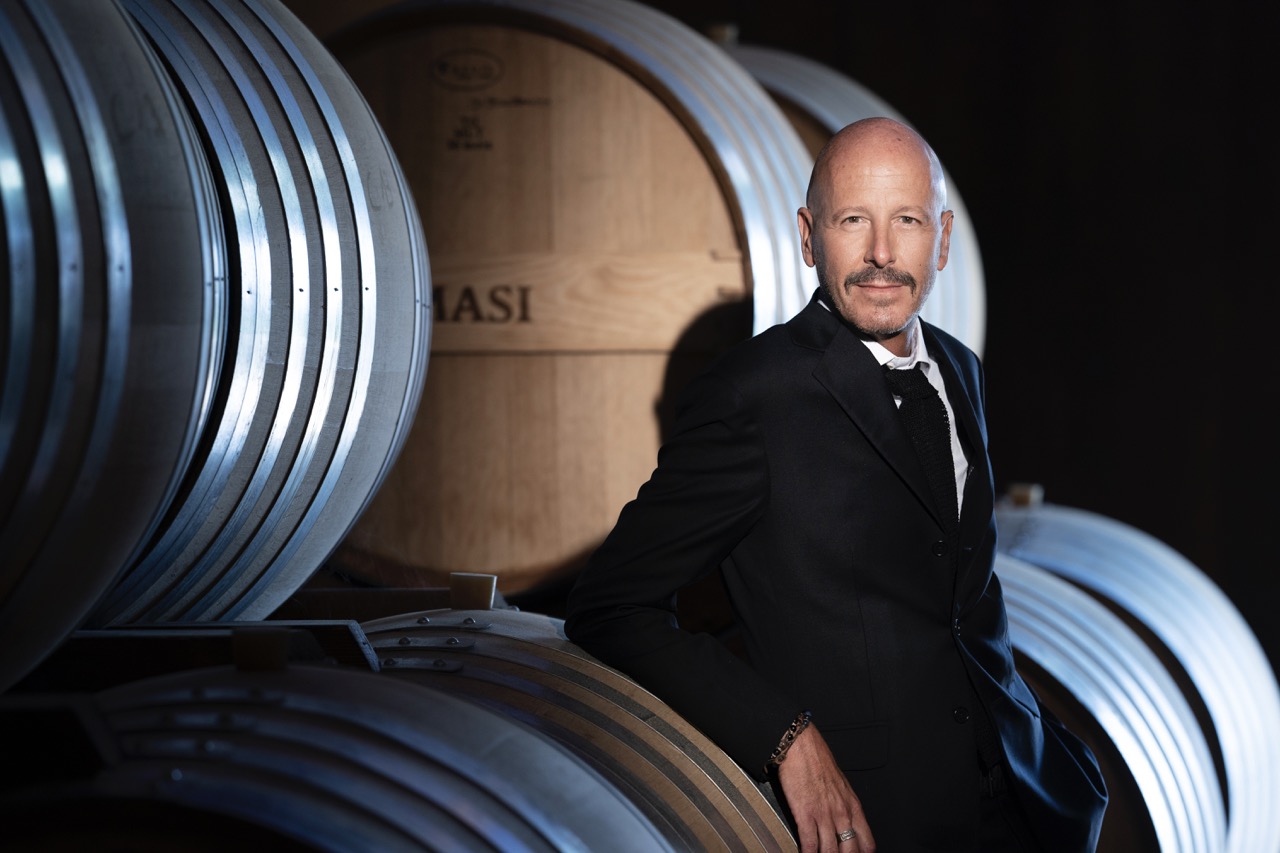
Introduction: Masi’s history dates to the beginning of the 18th century, when the Boscaini family carried out their first harvest in ‘Vaio dei Masi’ (Masi Valley), a valley in the heart of the Valpolicella Classica region.
Masi is synonymous with Amarone wines and the special Appassimento process by which its Amarones are made. It is also known as a pioneer in organic wines, for which it has organic vineyards in Serego Alighieri in Tuscany, Masi Tupungato in Argentina, Canevel in Valdobbiadene, and Lake Garda and Zuane in Rivoli Veronese.
Sustainability has remained at the heart of the company’s business approach throughout its 250-year history. This commitment is underpinned by Chairman Sandro Boscaini, whose saying “Into nature, at a man’s step”, is echoed by Masi CEO Federico Girotto. In this interview, he discusses Masi Agricola’s holistic environmental, social and ethical responsibility ethos.
Girotto outlines key CSR initiatives and Masi Agricola’s recent transformation to become a ‘Benefit Company’, one that explicitly specifies that profit is not its only goal. He also looks back on the biggest milestones throughout his decade-long tenure at the Italian wine company and the important role that travel retail plays as Masi continues its mission to be a global leader in Italian wines.

How important is sustainability and social responsibility to Masi Agricola’s overall business approach?
Sustainability and social responsibility are the footprint of our company. When we started to understand how the Boscaini family started here in the Valpolicella region back in the beginning of the 18th century, we could clearly see that sustainability has been a core value of the business from the very start. Why? Because we cannot deny that the need to protect the terroir, climatic territory and even the local community are fundamental to business in the long term.
Can you give us some concrete examples of how Masi Agricola is promoting environmental, social and cultural sustainability and responsibility?
Our sustainability goals are comprehensive. We’re not just looking at the environmental aspect with our Masi Green Project for example but also at how we can be more sustainable in our cellars with the Appassimento process. This is the practice of laying the harvested grapes out to dry on bamboo racks through the winter to concentrate the intensity, colour and aromas of the wines.
We’re also optimising the ways in which we are producing our labels, cartons and boxes and so on. We’re working to reduce the amount of cardboard used and are producing lighter bottles. We also belong to recycling programmes such as Raf Cycle and AMIA e AMORIN to recycle our corks.

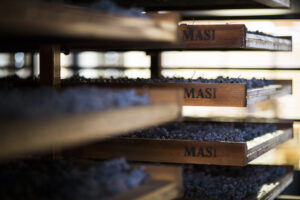
In the social sphere, we have our Uve di Qualita (Quality Grapes) project, which extends our sustainable agriculture methods to our network of vine growers, some of whom have done dozens of harvests for Masi Agricola. Since 1981, any internal or external collaborators who have worked with the company for over 20 years are awarded the Giorgio Boscaini Plate.
The Masi Investor Club hosts all investors who have purchased at least 1,000 Masi shares and involves them with the day-to-day of the company. We have more than 1,200 members in this group from around the world. We also have the Fondazione Masi (Masi Foundation), which is running the Masi Prize. The prize aims to promote and enhance the cultural heritage of Venetian wines.
In addition, we’re working with selected artists from across the 140 countries through our Costasera Contemporary Art project, to create art that we can use as labels for our signature Costasera Amarone wine. At the end of the project, a young artist is chosen to whom Masi offers a grant for an internship at the famous Berengo Studio of Murano, where they can learn Venetian glassblowing.
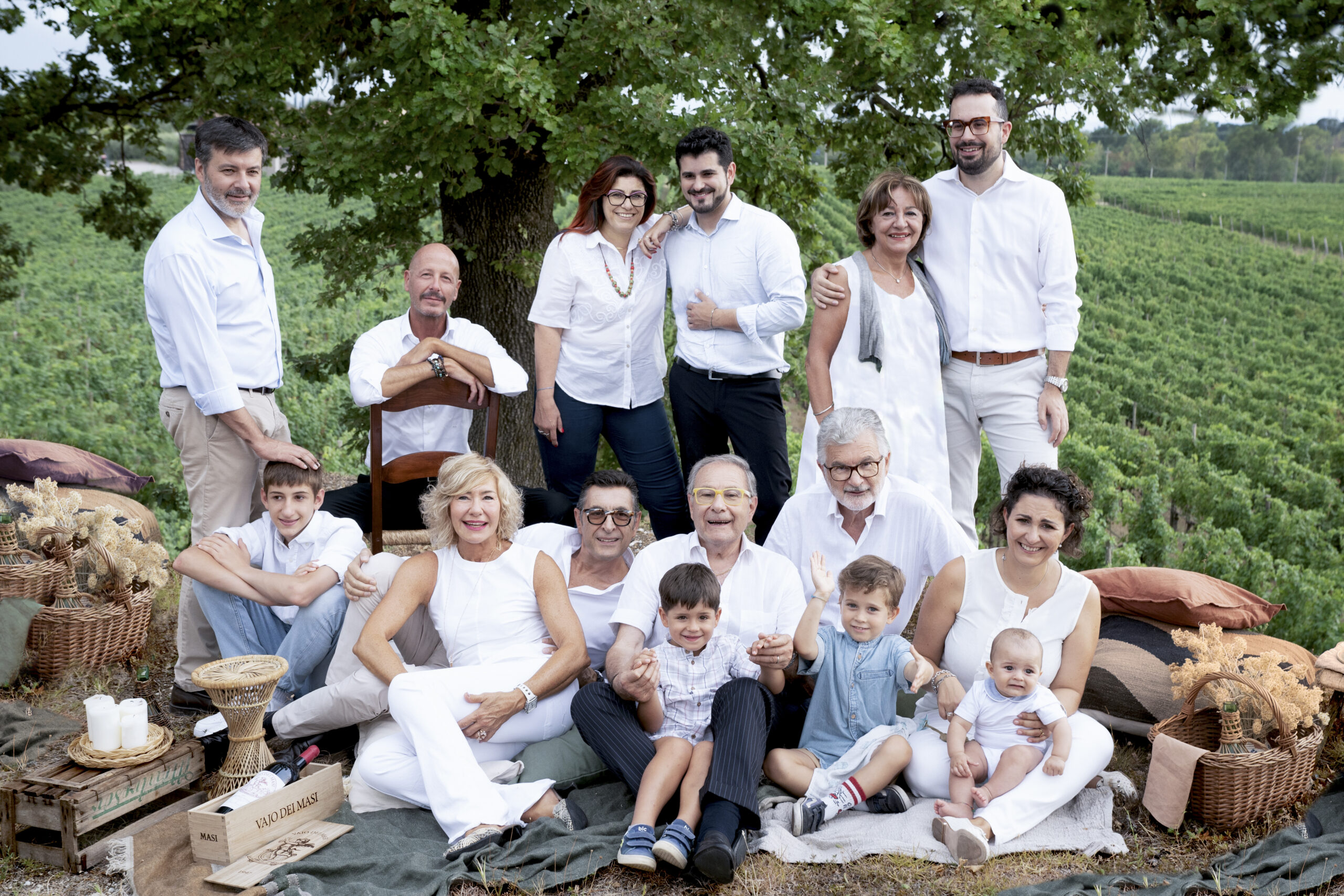
Becoming a Benefit Company was the logical next step in our sustainability journey. All these sustainable projects and initiatives are not ‘nice to haves’ but integral to our business approach. Becoming a Benefit Company means that we have written these into our articles of association.
By doing so, we as managers are obliged to follow them on an official basis and not just because they are part of our company culture. We want to drive growth in a sustainable way and our status as a Benefit Company makes this vision clearer to our stakeholders.
We work in a value chain that begins from the vineyards all the way to distribution and we want our entire supply chain to understand that if they want to work with us, they must respect the environment and the communities we operate in.
This is all incorporated into our Code of Ethics and 231 Management Model. This means that any laws and regulations relating to the environment, and health and safety, are applied and observed with a view to ongoing improvement. Our Code of Ethics guides our conduct as a business, building cooperation and trust with our stakeholders.
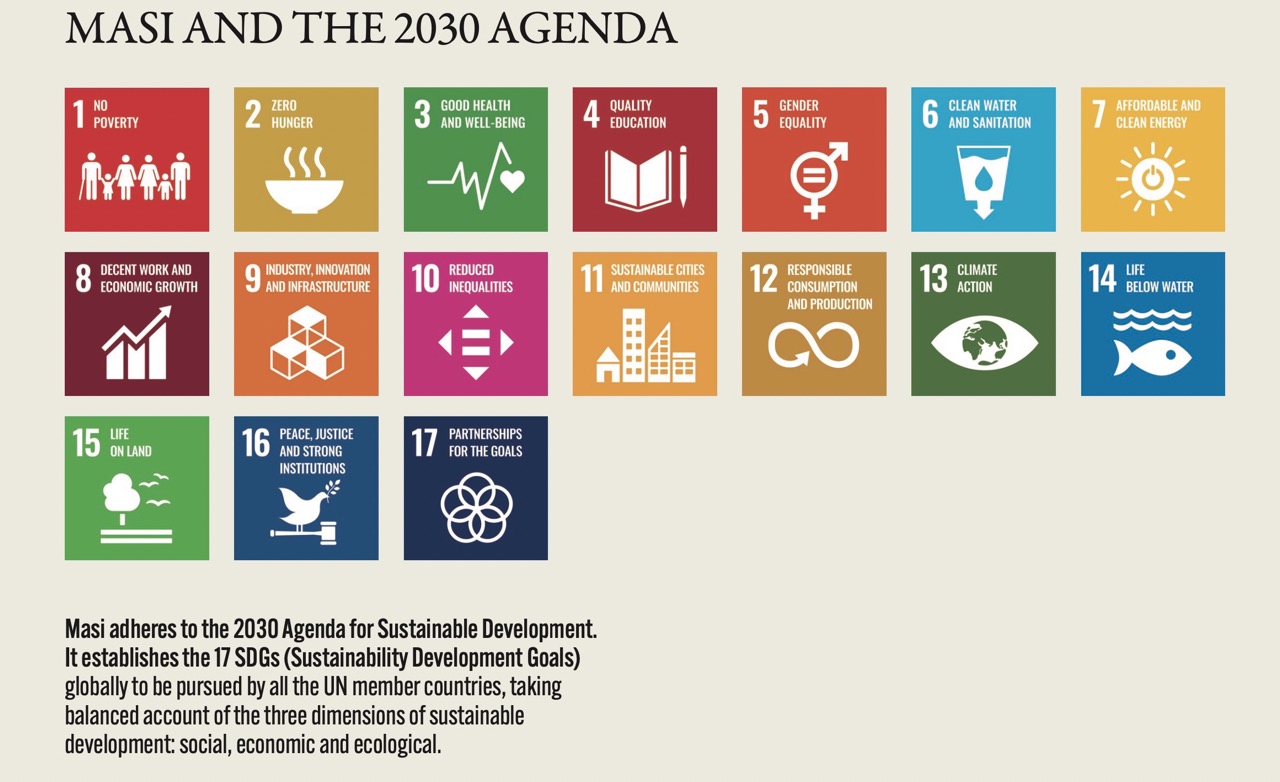
Environment, stakeholder and economic competitiveness are the three pillars of Masi’s historical integrated business model. How does the model work?
We could summarise this balance into a phrase said by our Chairman and Managing Director Sandro Boscaini: “Into nature at a man’s step.”
This means that sustainability is not just about nature, but also has a human element. You must deliver growth in a sustainable way that respects the environment. We don’t want to grow the company +20% each year and then overload our vineyards and compromise on quality. We take a long-term view to growth and patience is imperative.
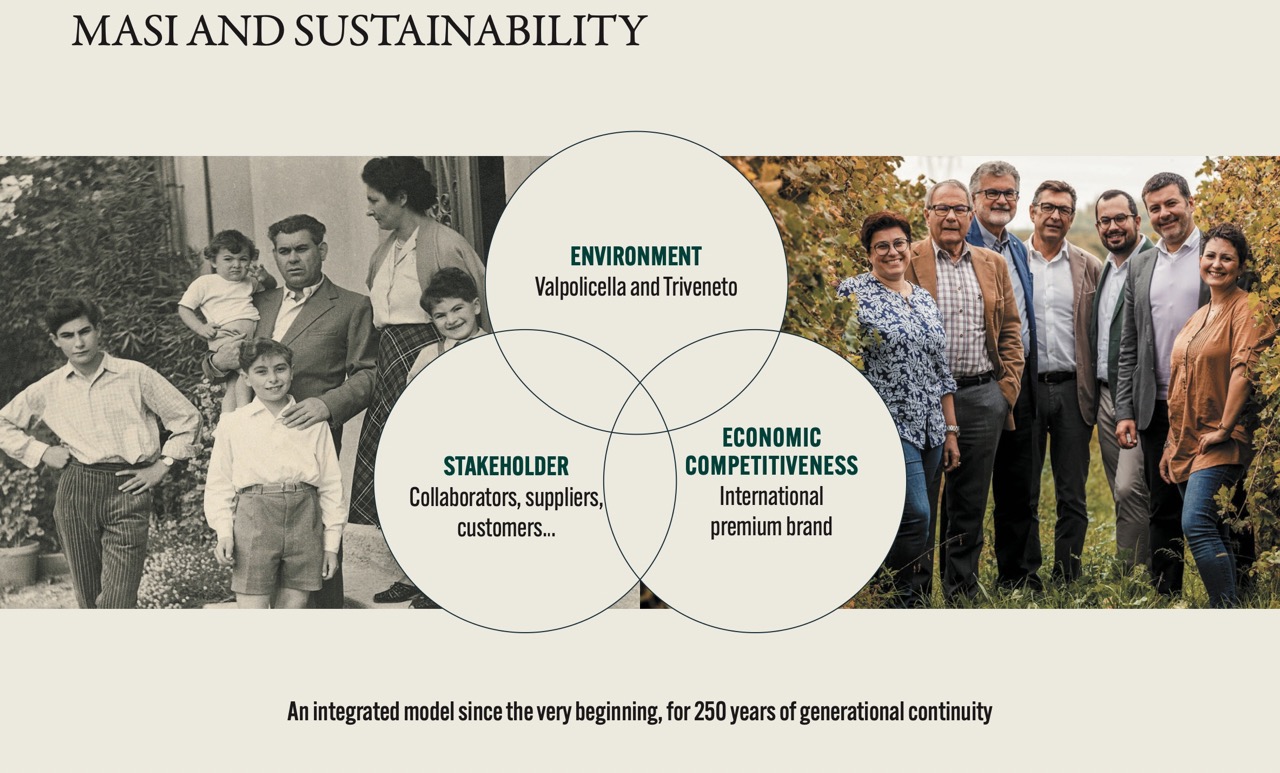
Tell us about the VIVA Sustainable Wine project.
Masi was selected by the Ministry of the Environment to represent Veneto in the VIVA Sustainable Wine project. This project measures the sustainability performances of various players in the vine-to-wine supply chain, starting with the calculation of its water and carbon footprints all the way to its human and social resources. Masi is certified every two years.
As the demand for organic wines and more conscious consumption continues to grow, how is Masi leveraging its expertise as an organic wine leader?
We have many products that are organic certified from the Serego Alighieri in Tuscany, Canevel in Valdobbiadene, Masi Tupungato in Argentina and of course our most recent proposal, Fresco di Masi. We have a strong portfolio to answer the growing demand for organic wines, but we don’t think that organic wines are the only answer to sustainability.
For sure, as a winemaker, if you have the opportunity to grow organic grapes then you must take it. But we want to offer consumers a holistic sustainable protocol across our entire offer and sometimes, because of terroir or the morphology of the land, applying organic all around is impossible.
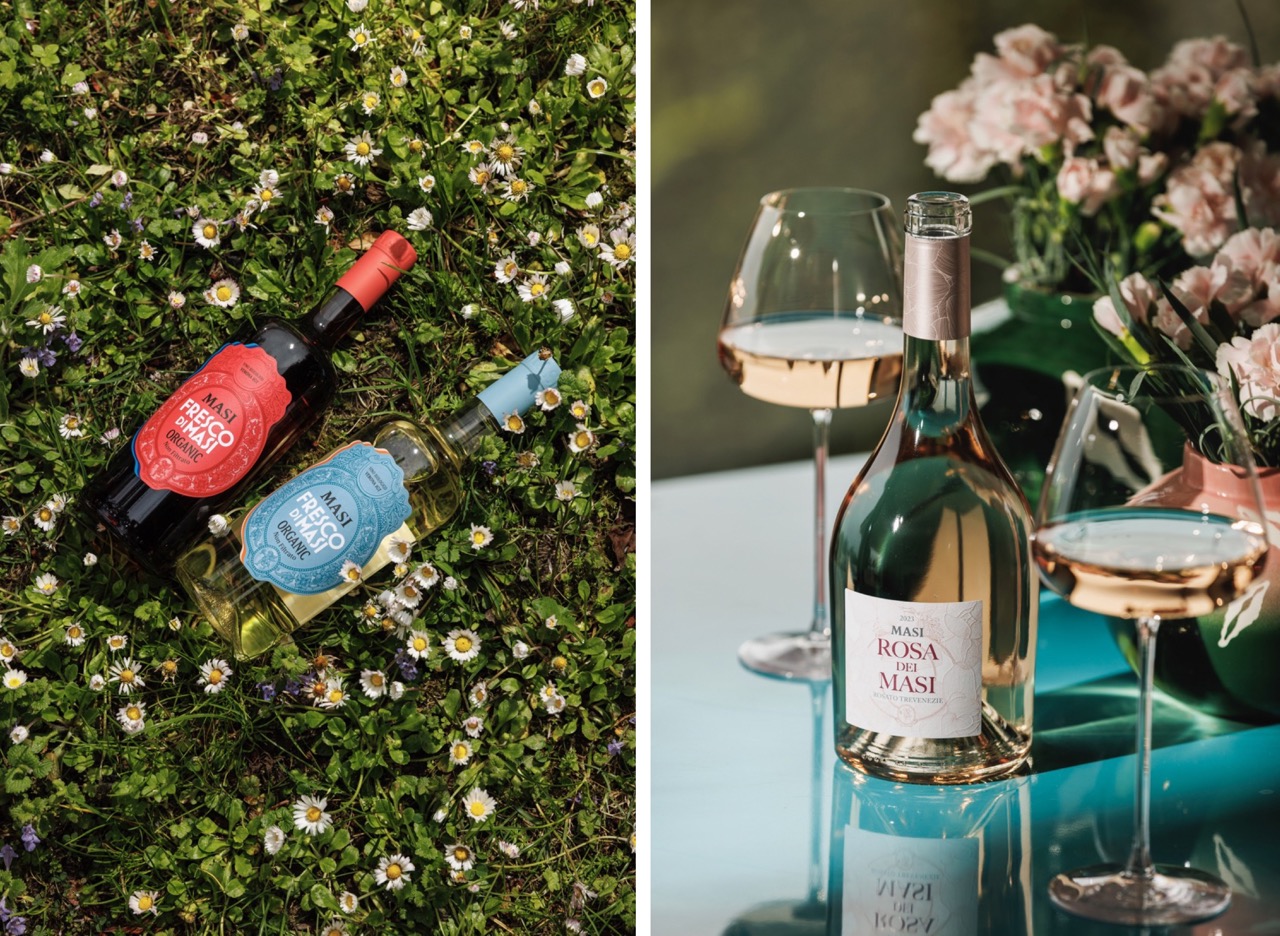
You’ve been at Masi Agricola for ten years now and have been CEO for nine. What have been the biggest milestones?

The first milestone was our IPO at Milan in 2015 because it was a major step ahead in reinforcing our institutional framework. We wanted to be a company in the wine industry rather than simply a wine company.
Wine production will always be fundamental to our business, but we want to strengthen the company by adopting opportunities offered by the IPO in terms of compliance, capacity and the ability to attract key people.
We also wanted to declare our strategy to the public and demonstrate that we are committed to our goals, which is not very normal for a relatively ‘small’ family-owned company in Italy with lots of heritage.
The second milestone was the aggregation of Canevel in Valdobbiadene, a UNESCO World Heritage Site. We historically have been a company known for our full-bodied red wines. Canevel expanded our footprint with the complimentary addition of sparkling wines into our portfolio.
This is not just different from a category perspective but also in terms of business model. Canevel is an interesting testing ground to learn about the habits, tools and preferences of the sparkling wine consumer.
The third milestone was developing the Masi Wine Experience. This project helped deepen our relationship with the final consumer by communicating the values of our brand, territory and family heritage in an intimate way. The Masi Wine Experience was also a way to strengthen our attitudes in applying omnichannel distribution strategies across our business.
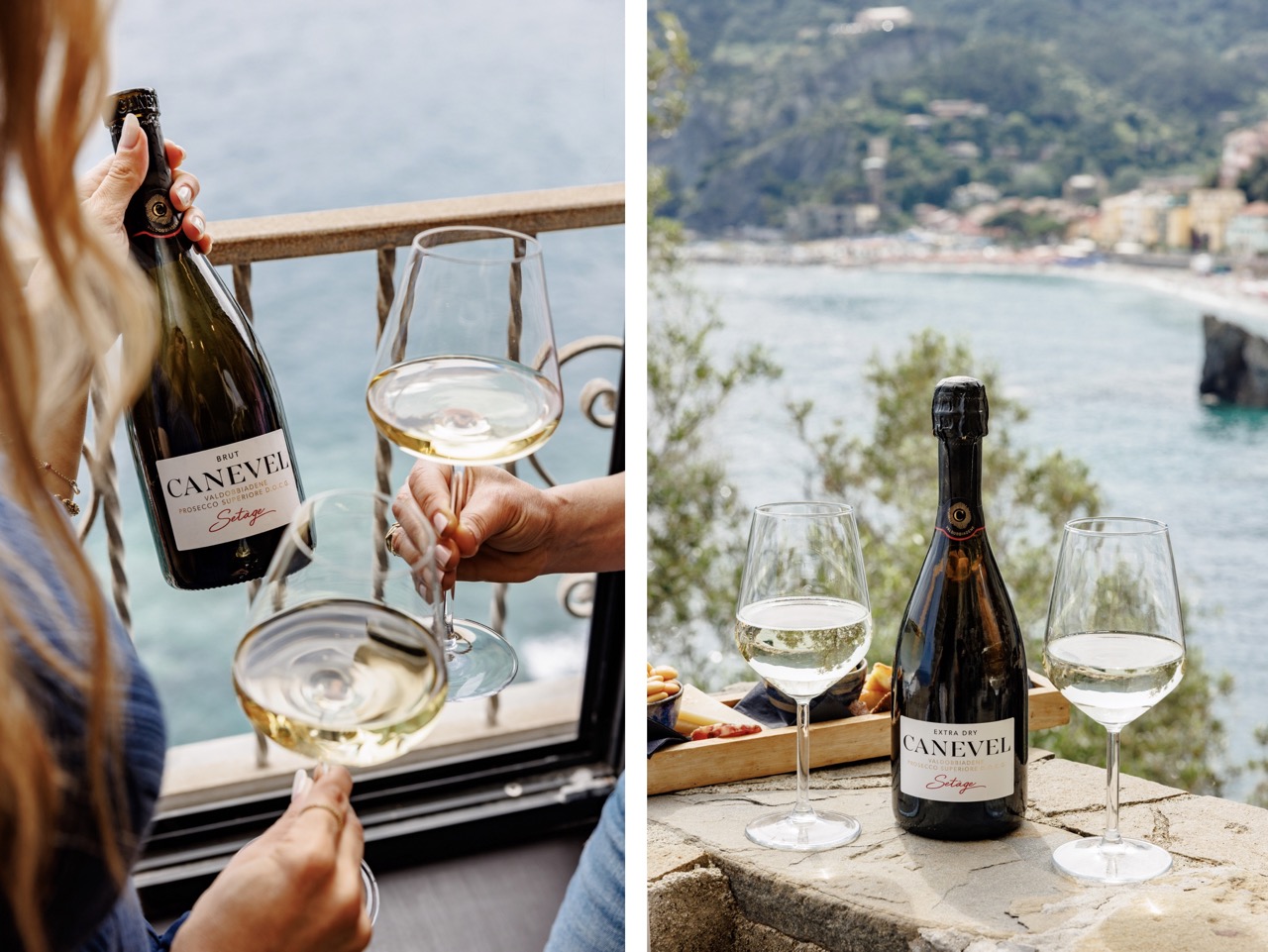
In your view, how has the company transformed in the last ten years?
Oh, in so many ways. For instance, the first transformation is a geographical one. Today, Italy is our first market but when I started it was the fifth or sixth market. We wanted to improve our performance in the domestic market, because it is an efficient way to engage with the end consumer. Also, because it is a laboratory to experiment with different launches and strategies in terms of marketing, distribution and offer.
The aggregation of Canevel really altered our organisational structure because it brought new energies and resources. The rise of digital was another significant transformation. When we launched our Enoteca Masi online shop, we made a lot of learnings in terms of direct-to-consumer and ecommerce.
What role does travel retail play for Masi Agricola today?
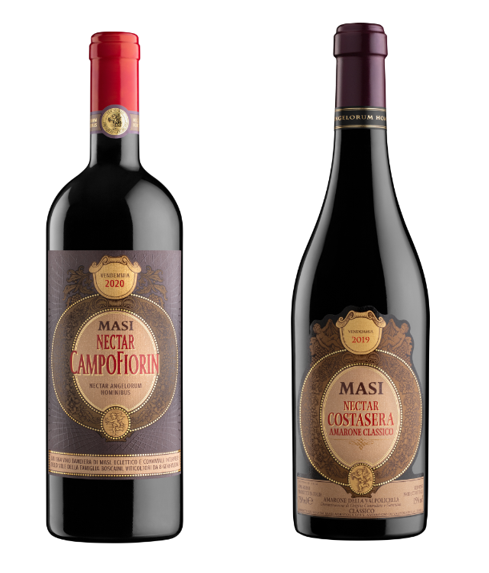
Travel retail is a strategic channel for several reasons. Firstly, because of the premium brand positioning. Secondly, the volumes of travel retail make it a very interesting channel for us. Because of the channel’s international nature, it puts us directly in front of our core consumers no matter where they are in the world.
Travel retail offers a way to engage with international consumers, learn insights and apply these to the domestic markets. The last element is important as travel retail allows us to create dialogue with our colleagues and competitors and put our different experiences of the channel in the same basket. To me, it is important to view other wine companies as colleagues and not competitors. We need to cooperate to better understand the business and improve the industry as a whole.
Do you have a favourite wine in the Masi Agricola portfolio?The three main characteristics of any Masi wine is that they are drinkable, pairable and elegant. If I was stranded on a desert island and could only bring one, it’d have to be the Masi Costasera Amarone. It is the king of our portfolio, a rich but well-balanced wine where you can perceive fruit flavours such as cherries and plums with acidity and soft tannins. It is very palatable and wonderfully pairable. I prefer it simply with some nuts or Parmigiano Reggiano. |
Can you give us some insight into your overall vision for Masi Agricola in travel retail? What are your biggest priorities?
Travel retail is a very significant part of our business. During the pandemic years, we really began to think outside of the box and build new relationships and explore new geographies. We want to expand into Asia Pacific, which is a key market in this industry.
We have two major priorities. First is the opening of Monteleone21, a new cellar here in Valpolicella which will be an innovative multifunctional location and a reference point for the wine tourism sector. For us, Monteleone21 will be a true entry gate to the world of Amarone and Masi Agricola. This building will be the next chapter for Italian wine tourism, blending online and offline experiences that celebrate our heritage and terroir, helping us remain pioneers in the wine industry.
The second biggest priority is to support the development of our new SKUs, especially Fresco di Masi. Fresco di Masi is not just a new wine, but a new wine concept that uses a sustainable long intervention approach. It is made with only essential processing from the vineyard to the glass, to highlight simple and authentic flavours. ✈



